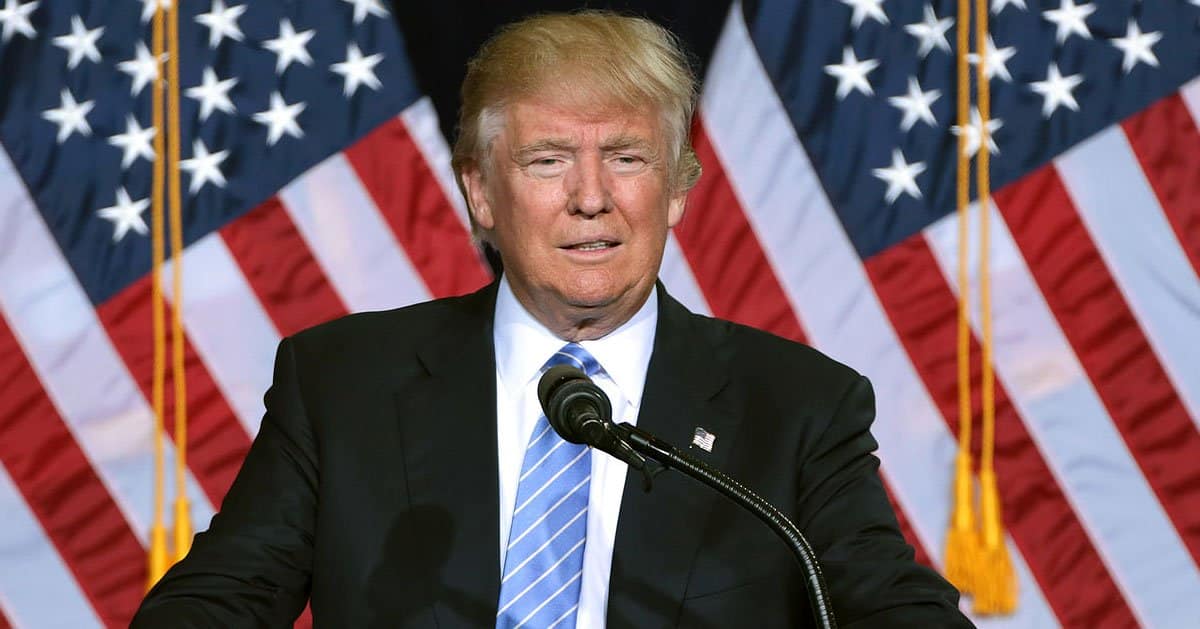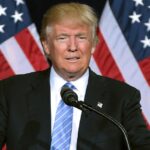







Senior State Department officials are jetting to Europe, sounding the alarm on eroding freedoms. This week, they’ll confront France and Ireland over troubling crackdowns on speech, religion, and privacy. The mission signals a bold push to hold allies accountable.
The Daily Wire reported that a delegation from the Bureau of Democracy, Human Rights, and Labor is tackling what they call “egregious” democratic backsliding in Europe. “Egregious examples of democratic backsliding” isn’t just diplomatic jargon—it’s a polite way of saying Europe’s losing its grip on liberty.
The focus: protecting free speech, religious freedom, and privacy rights for citizens, including Americans. In France, the team will zero in on the arrest of Marine Le Pen, a conservative firebrand.
Charged with embezzlement in March 2025, Le Pen now sits under house arrest, banned from elected office for five years. The speed of her conviction raises eyebrows—justice or political vendetta?
The State Department calls Le Pen’s case “unique and concerning.” A leading politician silenced before a presidential run smells like targeting too many conservatives. It’s hard to ignore the optics when a court moves this fast against a government critic.
Across the pond in Ireland, the talks shift to the EU’s Digital Services Act. Designed to shield kids from online harm, it’s now a weapon for censoring speech labeled “hateful.” American tech companies in Ireland face hefty fines for not playing ball.
“It’s being weaponized, for political purposes,” a State Department official said of the Act. When governments decide what’s offensive, free speech takes a backseat. Big Tech’s caught in the crossfire, and so are American users.
The initiative stems from President Trump’s directive to press allies on citizens’ rights. “They’re so-called liberal democracies that preach inclusivity and tolerance,” a senior official noted, “and the reality on the ground just simply shows that isn’t the case.” Actions speak louder than progressive platitudes.
Earlier this year, the State Department raised similar concerns in the United Kingdom. They met with Livia Tossici-Bolt, who was prosecuted for a sign offering to talk outside an abortion clinic. A £20,000 fine for peaceful expression? That’s not freedom.
The U.K. case underscores a pattern: governments cracking down on dissent while waving the flag of tolerance. The State Department’s statement on Tossici-Bolt emphasized protecting free expression. It’s a warning shot—allies must walk the talk.
This trip unfolds against a backdrop of U.S.-Europe trade tensions. A recent U.K. trade deal focused purely on economics, sidestepping free speech or religious liberty. Values matter, and skipping them risks deeper divides.
“If we’re not on the same page civilizationally,” a senior official warned, “it makes those very important relationships much harder to guarantee.” Shared heritage should mean shared principles, not just trade profits. The West’s unity hinges on it.
France’s handling of Le Pen raises questions about political motivations. A conservative leader sidelined just as elections loom? It’s not a stretch to see this as silencing dissent under legal cover.
Ireland’s enforcement of the Digital Services Act isn’t just a European issue—it hits American companies and users. When speech gets labeled “hateful,” the fines roll in, and platforms self-censor. That’s a chilling effect, plain and simple.
“In the spirit of our common Western heritage,” an official said, “we think we can speak frankly with our European allies.” Frank talk is overdue when “tolerance” becomes a cudgel for censorship.



